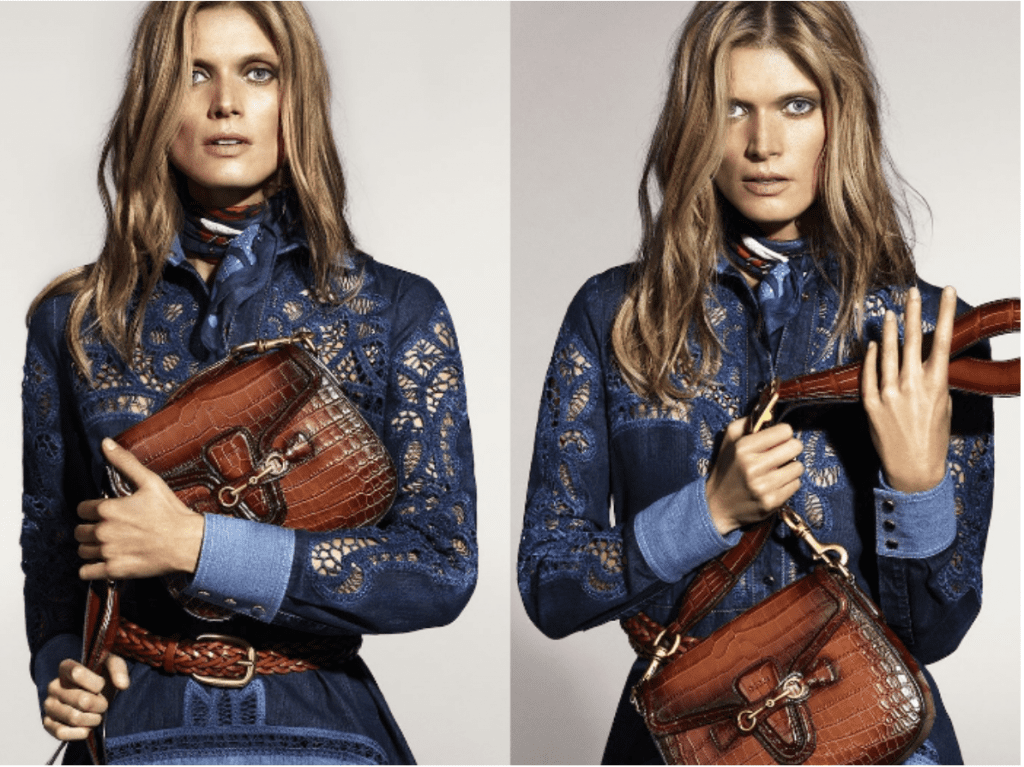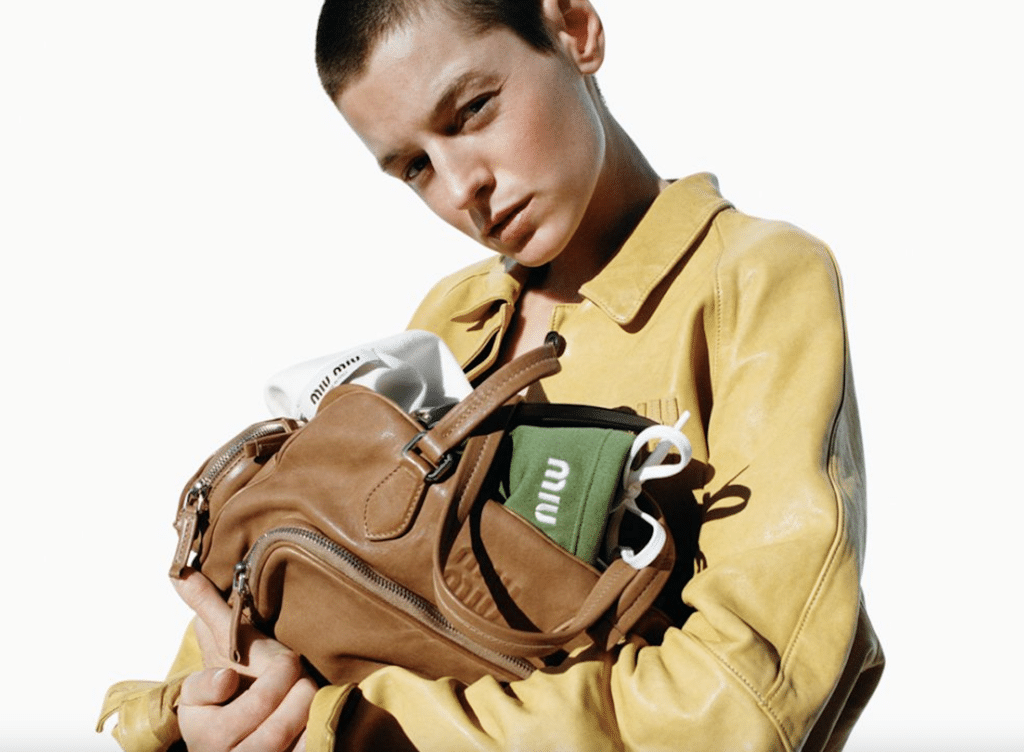Gucci, Yves Saint Laurent and other brands owned by Paris-based conglomerate, Kering SA, have won an early victory in their trademark infringement lawsuit against Chinese online shopping giant, Alibaba (parent company to Taobao, a Chinese marketplace site similar to eBay), this past week.U.S. District Judge P. Kevin Castel for the Southern District of New York preliminarily ruled in favor of Kering’s Gucci America, as well as the other named plaintiffs, Balenciaga, YSL, Bottega Veneta, Gucci, etc., granting their request for a temporary restraining order on Thursday – thereby, immediately preventing numerous named vendors on the online marketplace site from operating their individual webstores, which have been accused in the suit of selling counterfeit goods.
Alibaba, whose initial public offering may be the biggest in U.S. history, has been cracking down on fakes by banning listings that may breach intellectual property rules, forcing vendors to make deposits and using a ratings system.
In his order, which not only forces the Alibaba vendors to cease its operating, but also requires them to turn over financial records, Judge Castel held that he granted Kering’s request for a temporary restraining order, as it appeared likely that Kering would be able to show the Alibaba vendors were, in fact, selling counterfeit products.
Proving that the goods for sale in the webshops of the specified vendors are counterfeits will be of the next steps for Kering in order to prevail in its suit, and judging by Alibaba’s history, this may not be such a difficult task. The American Apparel & Footwear Association has described Taobao as “notorious as one of the biggest platforms for counterfeit goods worldwide.” In its complaint, Kering cited Taobao, saying merchants have used it to “openly sell” wholesale quantities of “obviously fake Gucci products.”
Alibaba insisted it was enforcing a “zero tolerance policy” towards fakes. However, such lawsuits indicate that it is failing to remove a fair share of infringing goods from its site. According to the parties’ complaint, such alleged counterfeit products included bags bearing Gucci’s trademark, which were being sold on an Alibaba platform by a vendor for as low $2 per bag, compared with $800 for an authentic version. The Kering-owned parties further alleged: “Instead of shutting down the counterfeiters, the Alibaba defendants seek to profit from the counterfeiters’ blatant violations.”
You may recall that the Kering-owned luxury brands filed suit against Alibaba for the second time in the Southern District of New York court this past May, alleging that Alibaba conspired to manufacture, offer for sale and traffic in counterfeit products bearing their trademarks without their permission.
This lawsuit comes on the heels of an August 2014 settlement between Kering and Alibaba after Kering withdrew a nearly identical lawsuit last year. According to the terms of their settlement, Alibaba would cooperate with Kering to stem the sale of fake products. Well, apparently Alibaba, which holds the title of the biggest initial public offering in the world, thanks to its $25 billion listing on the New York Stock Exchange in September 2014, was not holding up its end of the deal.











